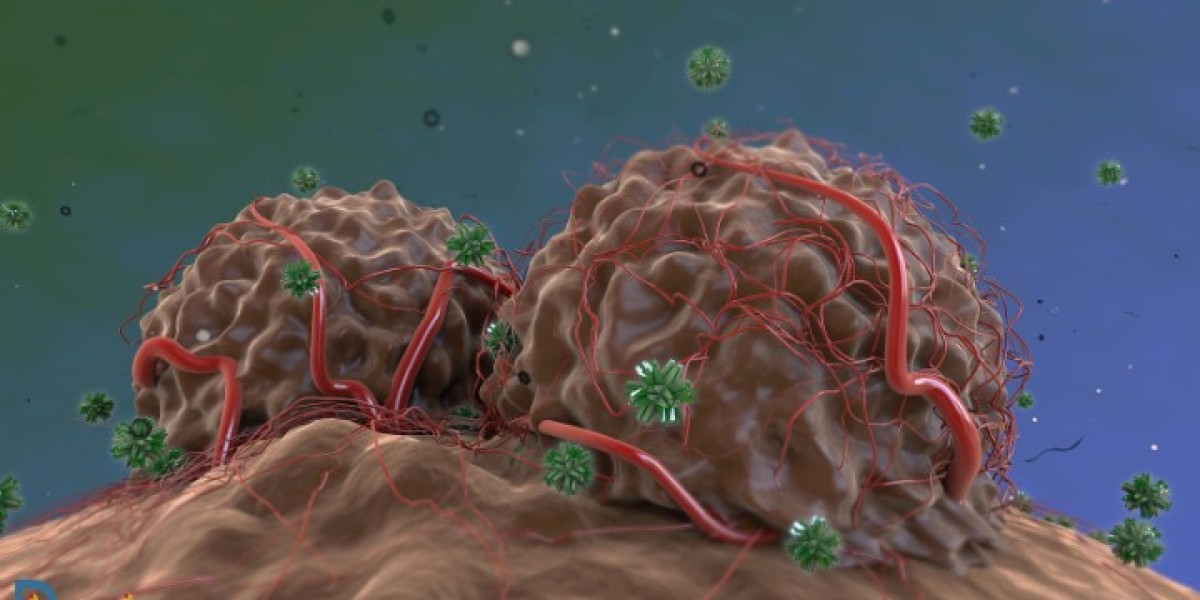Understanding Multiple Myeloma
Multiple myeloma originates from abnormal plasma cells in the bone marrow, leading to the production of dysfunctional proteins that can cause various complications such as bone damage, kidney dysfunction, and immune system impairment. Historically, the prognosis for patients with multiple myeloma has been concerning, with a five-year survival rate of around 50%. Despite these challenges, advancements in treatment strategies are improving outcomes, and bispecific antibodies are leading the charge.
What Are Bispecific Antibodies?
Bispecific antibodies are engineered proteins designed to bind to two different antigens at once. This unique mechanism allows them to redirect immune cells, such as T-cells, to target and eliminate cancer cells more effectively. Unlike traditional monoclonal antibodies, which target a single antigen, bispecific antibodies engage multiple pathways in the immune response, enhancing their therapeutic potential.
The Promise of Bispecific Antibodies in MM
Recent clinical trials have highlighted the efficacy of bispecific antibodies in treating multiple myeloma. One of the most promising types, bispecific T-cell engagers (BiTEs), has demonstrated significant anti-tumor activity in heavily pre-treated patients. By linking T-cells to myeloma cells, BiTE antibodies can activate a robust immune response, leading to a reduction in tumor burden and improved patient outcomes.
A landmark study involving a bispecific antibody targeting BCMA (B-cell maturation antigen) showcased this potential, revealing a high overall response rate among participants, with many achieving complete or partial remission. This breakthrough has sparked further research and development in this exciting area, with several bispecific antibodies currently undergoing clinical trials.
Advantages Of Traditional Therapies
The introduction of bispecific antibodies presents several advantages compared to traditional therapies for multiple myeloma:
Targeted Action: Bispecific antibodies can more precisely target cancer cells while minimizing effects on healthy cells, potentially reducing side effects and enhancing tolerability.
Enhanced Efficacy: By activating multiple pathways in the immune system, bispecific antibodies may increase overall treatment effectiveness, leading to improved patient outcomes.
Combination Potential: These antibodies can be paired with existing therapies, such as checkpoint inhibitors or other immunotherapies, creating synergistic effects that further enhance treatment response.
Accessibility: As bispecific antibodies are designed to harness the patient’s immune system, they may provide viable treatment options for those unresponsive to conventional therapies.
Challenges and Future Directions
Despite the promise of bispecific antibodies, several challenges remain. The complexity of the immune response and potential side effects, such as cytokine release syndrome, necessitate careful management and monitoring of patients undergoing treatment. Additionally, determining the optimal treatment regimen and how to sequence it with existing therapies is an area of active research.
Looking to the future, the outlook for multiple myeloma treatment using bispecific antibodies is promising. Ongoing clinical trials are crucial for establishing the long-term efficacy and safety profiles of these therapies. As researchers continue to explore innovative treatment strategies, bispecific antibodies could play a pivotal role in reshaping the management of multiple myeloma, offering renewed hope to patients and their families.
Conclusion
The emergence of bispecific antibodies signifies a revolutionary shift in the treatment of multiple myeloma, providing exciting possibilities for improved patient outcomes. As research progresses and these therapies become integrated into standard treatment protocols, we may soon witness a transformative change in the management of this challenging disease, ultimately leading to enhanced quality of life and increased survival rates for those affected by multiple myeloma.






